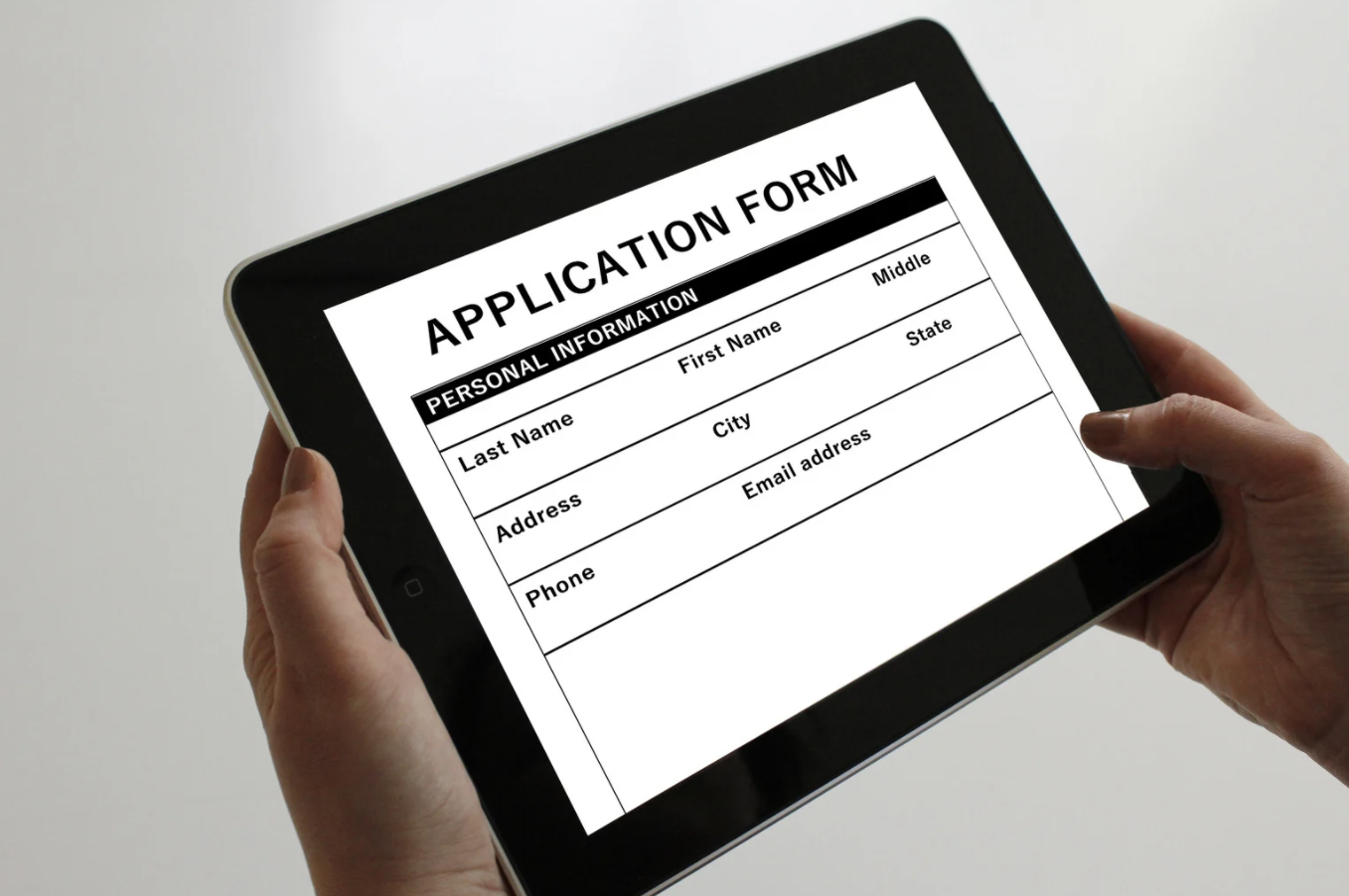Many people ask what is SSDI and what is SSI? SSDI and SSI are the two disability benefits programs operated by the Social Security Administration (SSA). When you apply for disability, you have to be aware of the difference between Social Security Disability Insurance (SSDI) and Supplemental Security Income (SSI). SSDI requires a certain amount of work credits while SSI is based off financial needs.
Having the initials of these plans only a letter apart virtually guarantees confusion among those who may not be aware that they are two different disability programs. Yet that one letter is extremely important since there is actually a big difference between the two disability benefit packages.
SSDI VS SSI
So, what is SSDI, what is SSI, and what is the difference between SSI and SSDI? The difference between SSI vs SSDI is that SSI is based on limited income and resources, whereas SSDI is based on work credits. Another difference between SSI and SSDI is that in order to qualify for SSDI, you need to have a disability that is severe enough to keep you from working full time for at least a year, whereas you do not need to have work credits in order to qualify for SSI.
SSDI is for workers who at one point could work full time, but now can no longer because of a disability or a serious ailment, such as cancer.
Because SSDI is for people who have worked full time for many years, generally younger individuals under the age of 30 will find that it is a challenge to qualify for SSDI benefits because they have not earned enough work credits to qualify.
 When comparing SSDI vs SSI, there is no age limit for SSI benefits; you can qualify for SSI benefits when you are as old as 60 or as young as a child, if you meet the requirements outlined by the SSA. To learn more about how age could affect your Social Security disability application, review the Social Security disability age chart, which visually represents how age could impact your application.
When comparing SSDI vs SSI, there is no age limit for SSI benefits; you can qualify for SSI benefits when you are as old as 60 or as young as a child, if you meet the requirements outlined by the SSA. To learn more about how age could affect your Social Security disability application, review the Social Security disability age chart, which visually represents how age could impact your application.
Another difference between SSI and SSDI is income and resources. There are income and resource limitations for SSI, whereas there are no income or resource limitations for SSDI. There are income limitations for SSI since SSI is a needs based program.
SSI is individuals with severe disabilities or serious ailments with very limited income and resources. When you send in an application for SSI, you will also need to send income records and the SSA will examine it to see if you meet the financial requirements outlined for SSI.
In most states, individuals on SSI will automatically qualify for Medicaid, whereas someone on SSDI will automatically qualify for Medicare after 2 years of receiving SSDI benefits.
What is SSDI Benefits?
SSDI stands for Social Security Disability Insurance. SSDI benefits are disability payments paid to those who can no longer work because of a disability or a serious condition. SSDI benefits are based on the amount of work credits and work history that an individual has, as well as the severity of the disability.
In order to qualify for SSDI benefits, you will need to have paid taxes though FICA, have enough work credits and have a disability that will make it impossible for you to work for at least 12 months.
If you became disabled before you reach the age of 24, you need to have at least 6 work credits to qualify for SSDI and 12 credits if your age is between 24 and 31. If you are over 31, you need to have earned 20 work credits in the past 10 years before you became disabled to be eligible for SSDI.
To file for SSDI disability benefits, you must either be a blind or disabled worker, an adult who has been disabled since childhood, or otherwise eligible to apply according to SSA's rules. The amount of your monthly disability benefits will be based on your Social Security income record.

What is SSI Benefits?
SSI stands for Supplemental Security Income. SSI benefits are disability payments paid to those with severe disabilities and ailments and with very limited income and resources.
SSI is a needs based program for people with disabilities and old age. In order to get SSI benefits, you need to meet the financial requirements outlined by the SSA, as well as have a disability that is severe that it keeps you from working. You do not have to work or can have little work history and still qualify for SSI benefits.
When you file an SSI disability claims, make sure you can show the case reviewer that you have very few financial resources or assets and a low income.
Eligibility Requirements for SSDI and SSI
The SSI disability program has different eligibility requirements than Social Security Disability Insurance (SSDI). To be entitled to SSI benefits, you must be a U.S. citizen who meets the requirements set by the Social Security Administration (SSA).
To qualify for SSI benefits you need to present medical evidence that your condition will last for at least one year. Your total countable income should also be below listed Supplemental Security Income levels. The SSI amount differs from state to state.
In both SSDI and SSI cases, a claimant's medical records will be checked periodically to be sure the individual is still disabled. You will need medical documentation for the SSDI application and the SSI application.
The Social Security Administration will review your condition every 3 to 7 years, depending on your disability’s nature. Once you’re awarded SSI disability benefits, your financial records will be reviewed every year.
What is the Difference between SSI and SSDI
The main difference is that the evaluation of SSI is based on age / impairment and restricted income and assets, while the determination of SSDI is based on impairment and job credits. The financial policies are the main difference. Furthermore, a recipient of SSI should automatically apply for Medicaid in most cases. After 2 years of obtaining disability benefits, a person with SSDI will automatically qualify for Medicare.
Disabled Adult Child (DAC)
If a parent becomes deceased or starts collecting retirement or disability insurance, a person who is disabled before age 22 may be eligible for "child's" insurance. Social Security considers this to be child benefit as it is charged on the earnings record of a parent's social security.
- Applicants must meet the disability requirements deemed by the SSA and must be unmarried
- Since benefits are paid on the basis of the parent's earnings record, the adult child may never have worked
- A disabled adult child that is already receiving SSI benefits might need to search to see whether payments will be paid on a parent's income record. Circumstances may have changed after the original application (for example: death of a parent, retirement or disability status). Higher benefits could be payable, and Medicare eligibility could be possible
- • SSDI DAC benefits should continue as long as the person stays disabled
Can You Collect Both SSDI and SSI?
In order to be eligible to collect under both programs, not only must the person be considered disabled according to the Social Security Administration’s (SSA) definition of disability, but also his or her income and resources must be limited even after collecting the SSDI benefits.
In order to be eligible for both SSI and SSDI, the person must not only be deemed disabled according to the concept of disability of the Social Security Administration ( SSA), but also his or her income and resources must be limited even after the SSDI benefits have been received.
How to Apply
And when you are an adult with a impairment, can you register for SSI online. SSI services are not available online for people caring for children under the age of 18 with a disability or a individual age 65 + who is not disabled. Such individuals may visit the local Social Security office or call by 7 a.m. 1-800-772-1213 (TTY 1-800-325-0778). – 7 p.m., Friday to Monday.
Take our Social Security calculator to see how much you could earn in disability benefits.
Other Facts You Should Know
When you initially apply for Social Security Disability benefits, you should be screened for both SSDI disability and SSI. If you are awarded SSDI benefits of an amount less than a thousand dollars per month, it would be wise to consult with a representative to check if you may qualify for SSI as well.
 When you make an disability claim for SSI, you may also be required by the Social Security Administration to provide financial records which include bank statements, mortgage and lease agreements, savings and other financial data that will let them assess your financial status.
When you make an disability claim for SSI, you may also be required by the Social Security Administration to provide financial records which include bank statements, mortgage and lease agreements, savings and other financial data that will let them assess your financial status.
You can seek the help of a Social Security Disability advocate or disability lawyer to help make the application process for Social Security Disability benefits or appealing a decision much more manageable.
If you have a question regarding your SSI or SSDI case, you can ask in our forum here.